Secondary school students from across Lagos converged at NECA House, Ikeja recently converged for the 2025 edition of the iLead Conference, an initiative organized by Success Within International.
Themed: “Next-Gen Leaders: Owning Your Identity and Impacting the Digital World Positively,” the conference aimed to equip young Nigerians with the knowledge and mindset to embrace leadership early and thrive in a digitally-driven world.
Designed specifically for teenagers, the conference addressed the evolving definition of leadership in today’s society, encouraging students to see leadership not as a future position but as a current responsibility.
Through a blend of keynote sessions, panel discussions, and a public speaking competition, the event offered practical guidance on identity, responsibility, technology, and the importance of self-awareness.
Speaking to journalists at the event, Success Oyesola, Project Lead of the iLead Conference and Global Learning and Leadership Aid for Success Within International, explained that the goal was to help young people understand that leadership is less about title and more about influence and initiative.
She stated that young people do not need to wait until adulthood to begin making impact.
Oyesola also called for a shift in educational priorities, noting that while core subjects such as Mathematics and English are essential, they are not sufficient for developing the kind of leadership the future requires.
She furthered advocated for the inclusion of soft skills and non-technical education in the curriculum, stressing that these are crucial for translating academic excellence into societal value.
According to her, many students remain unfamiliar with the importance of soft skills such as emotional intelligence, collaboration, and effective communication, which are critical for leadership and relevance in the modern world.
She explained that the tendency to focus exclusively on academic subjects has created a gap in holistic education, one that must be bridged urgently.
Despite belonging to a generation immersed in digital advancements, Oyesola observed that many students showed little enthusiasm for technology-related subjects and careers. This, she warned, could leave a significant portion of the next generation ill-prepared for the realities of the digital economy.
Highlighting this concern, she emphasized that many students mistakenly believe embracing technology means abandoning their interests in traditional professions. She urged educators and mentors to help students see that technology is not a replacement but a tool that can enhance any career path.
“This is not about choosing between fashion and tech or medicine and tech,” she said. “It’s about understanding how tech can amplify whatever you choose to do. You don’t have to drop your dream to be digital.”
The conference also featured a public speaking competition involving students from multiple schools. Anjorin Ayomikun, Head Girl of Unique Heights Junior and Senior High School, emerged as the winner.
Ayomikun expressed gratitude for the opportunity and described the event as deeply empowering.
She noted that participating in the conference reinforced her belief that young people are capable of leading meaningful change.
“When I learned I would be speaking at the conference, I did some research and really connected with the theme,” she said. “I believe if anyone listened to what I said, they would understand that we, as young people, are not too young to lead. We are young, but we are not wrong.”
Davina, Head Girl of Chris College School, described the conference as enlightening and impactful.
She praised the organizers for creating a space where students could be inspired and encouraged to view themselves as change-makers.
“I gained a lot from today’s event, and I believe many others did too,” she said. “The speakers were powerful, and the message was clear. This event is going to help raise future leaders who can impact society in a positive way.”
In her closing remarks, Oyesola urged stakeholders in Nigeria’s education sector to consider a more progressive and inclusive curriculum that prioritizes not only academic success but also life readiness.
She called for the integration of digital literacy, leadership development, and practical life skills into the national education framework.
Share this post
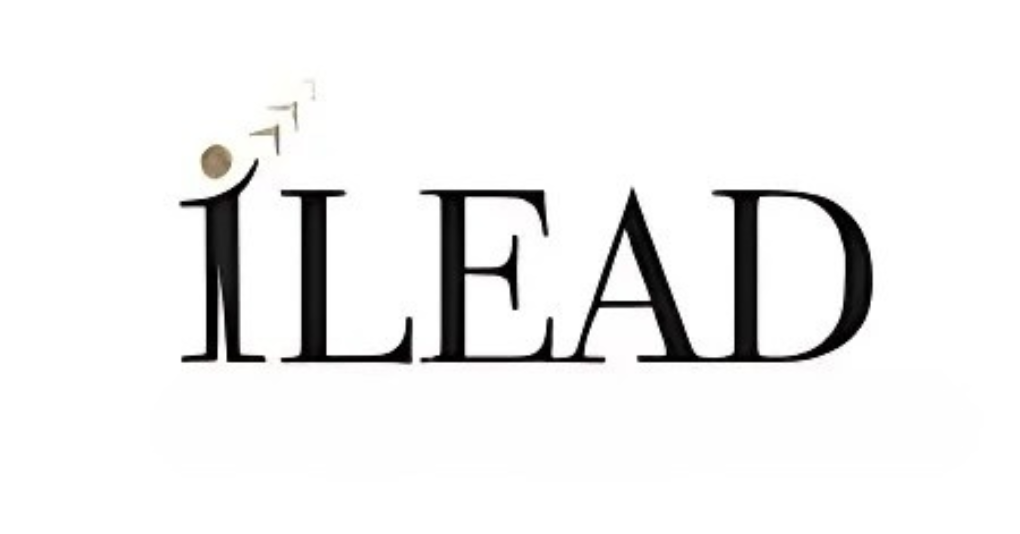
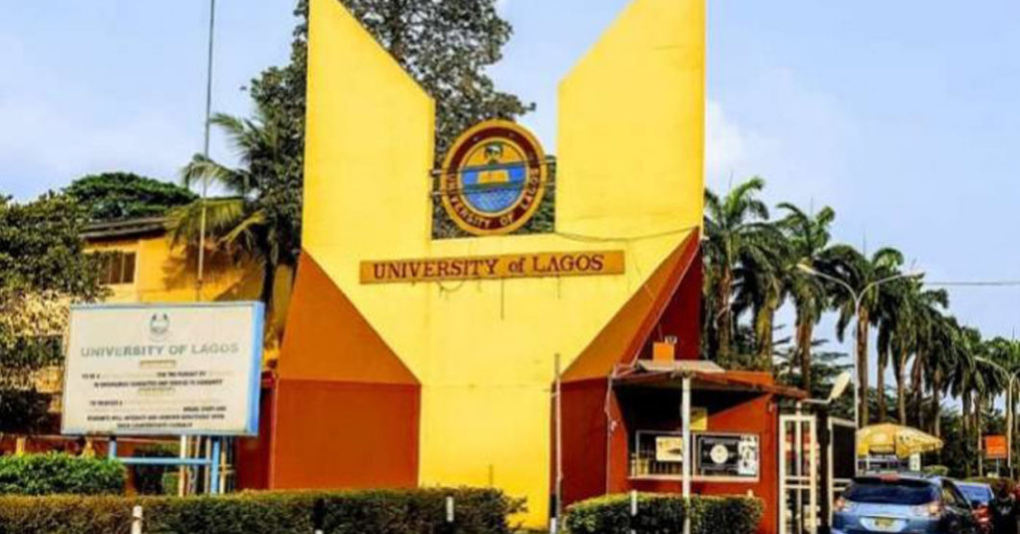
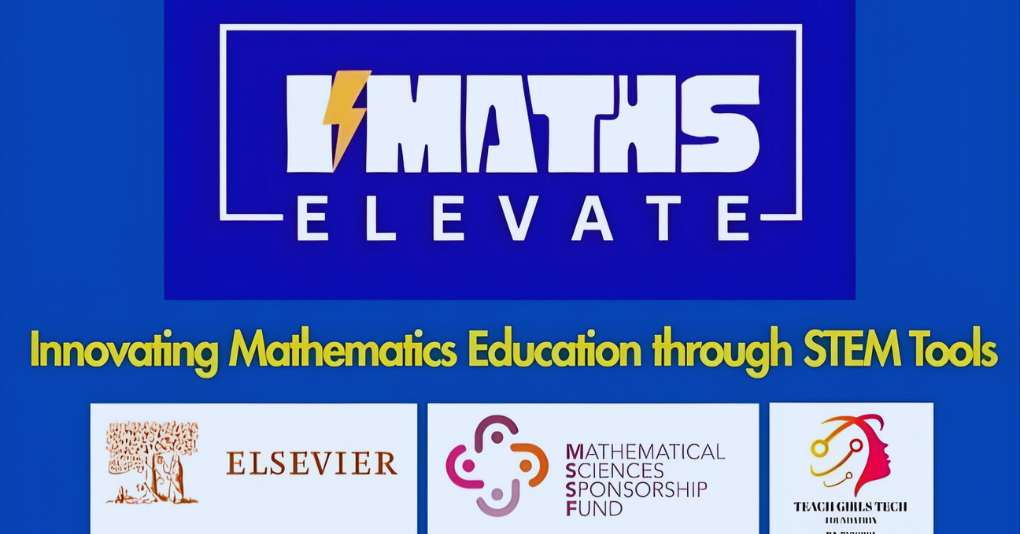
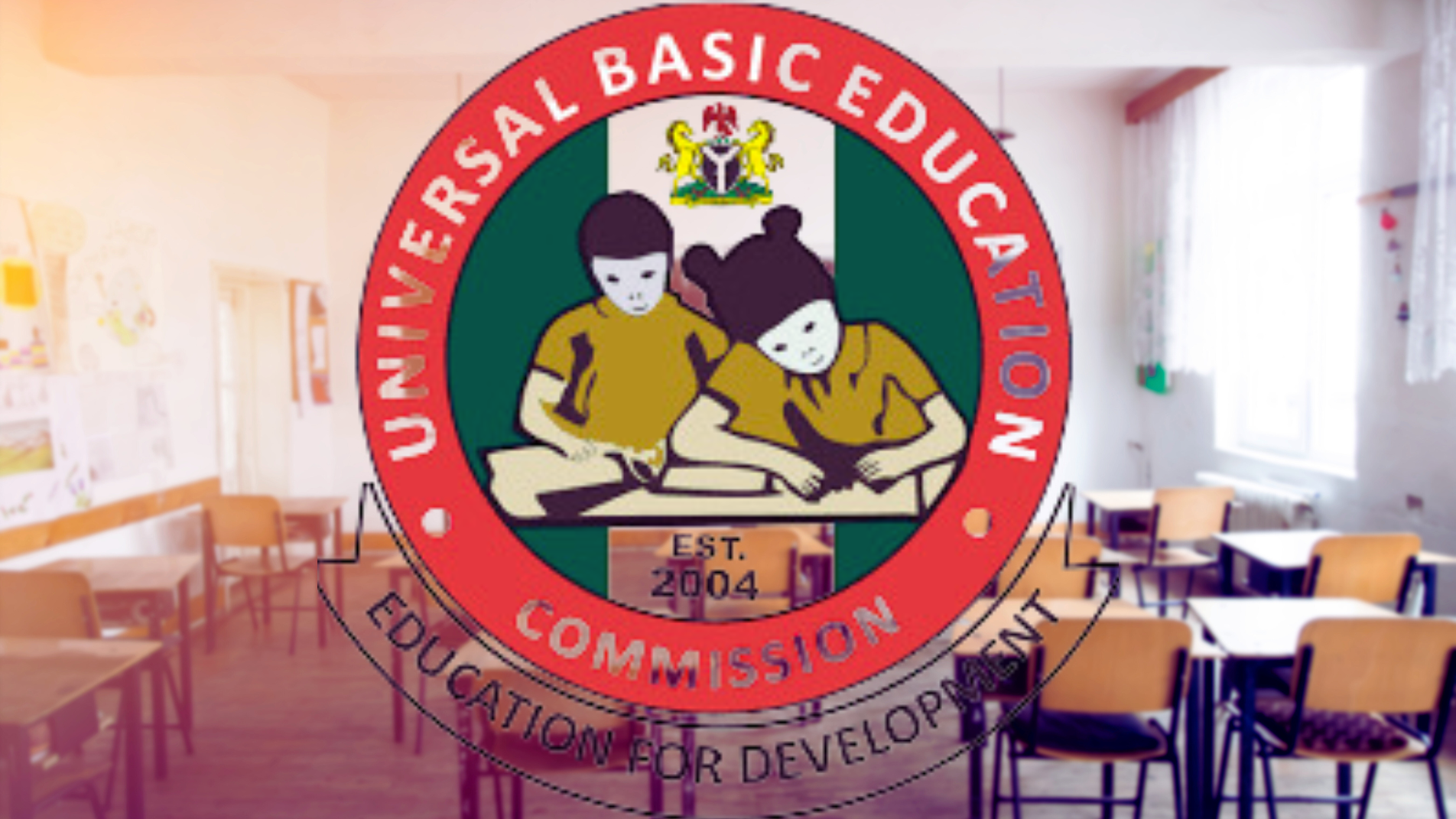
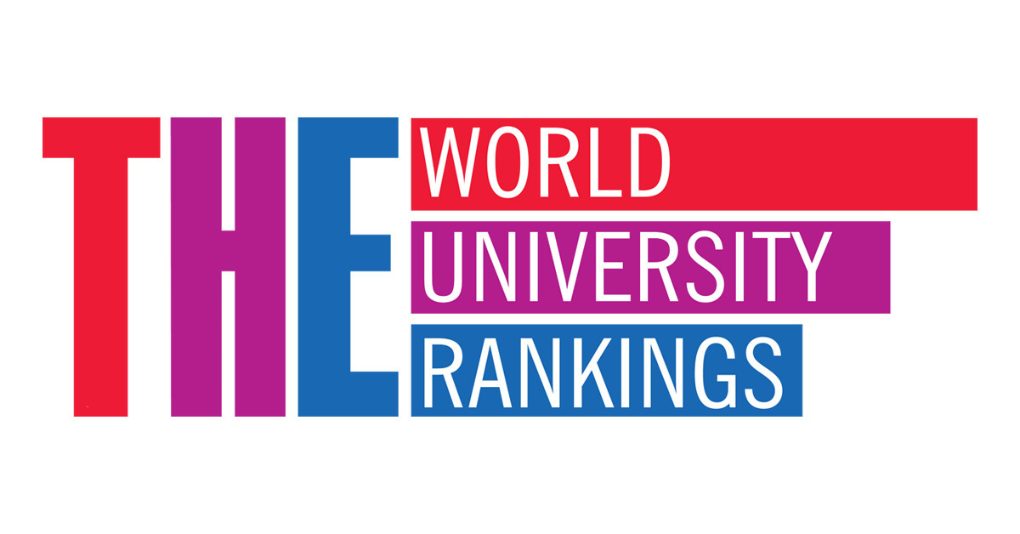
Be the first to comment on this post